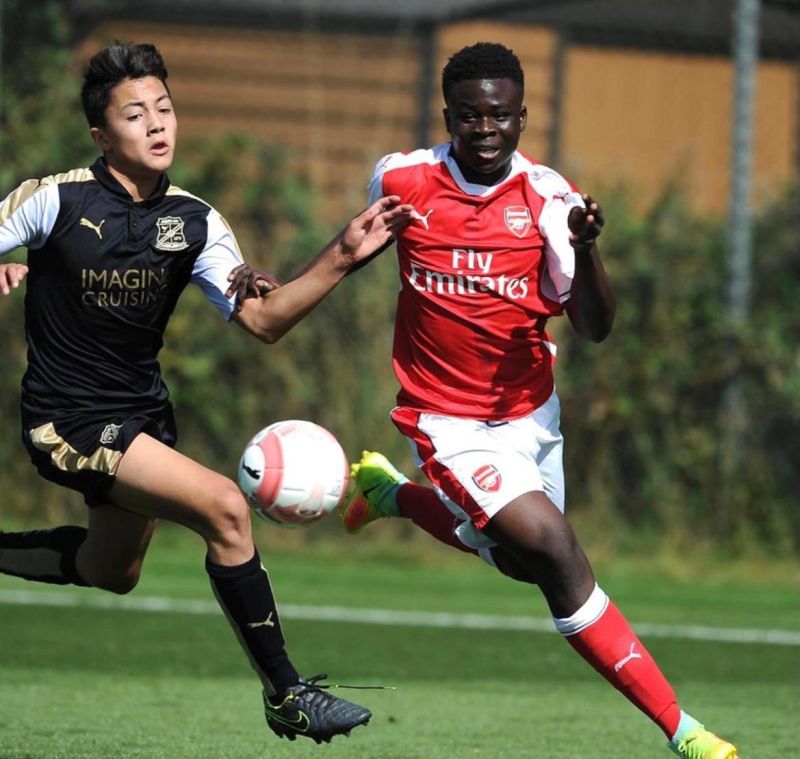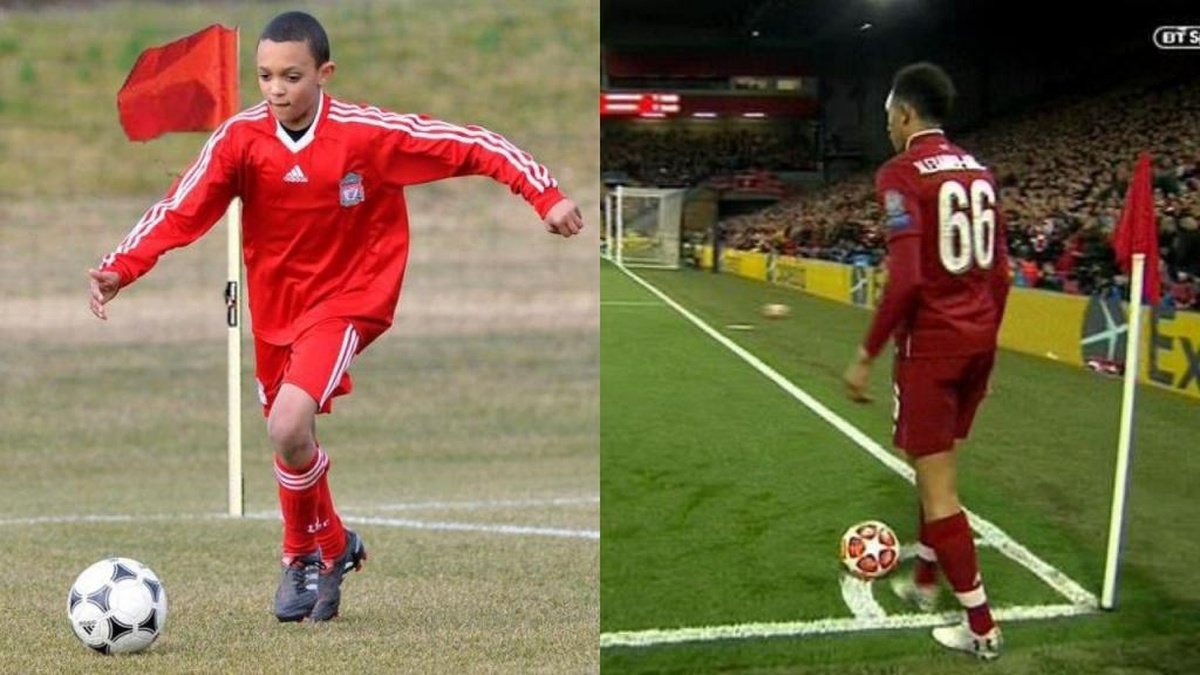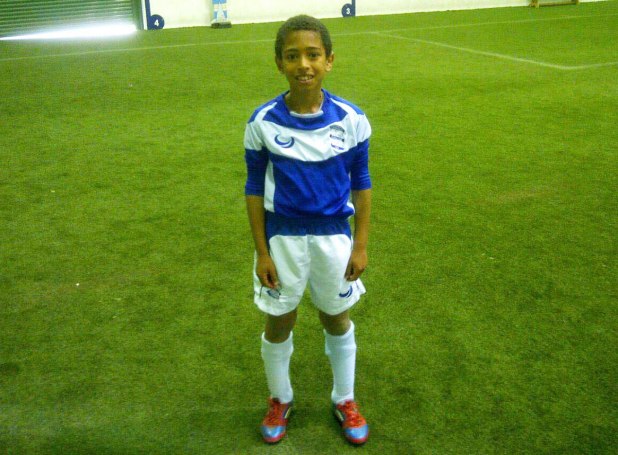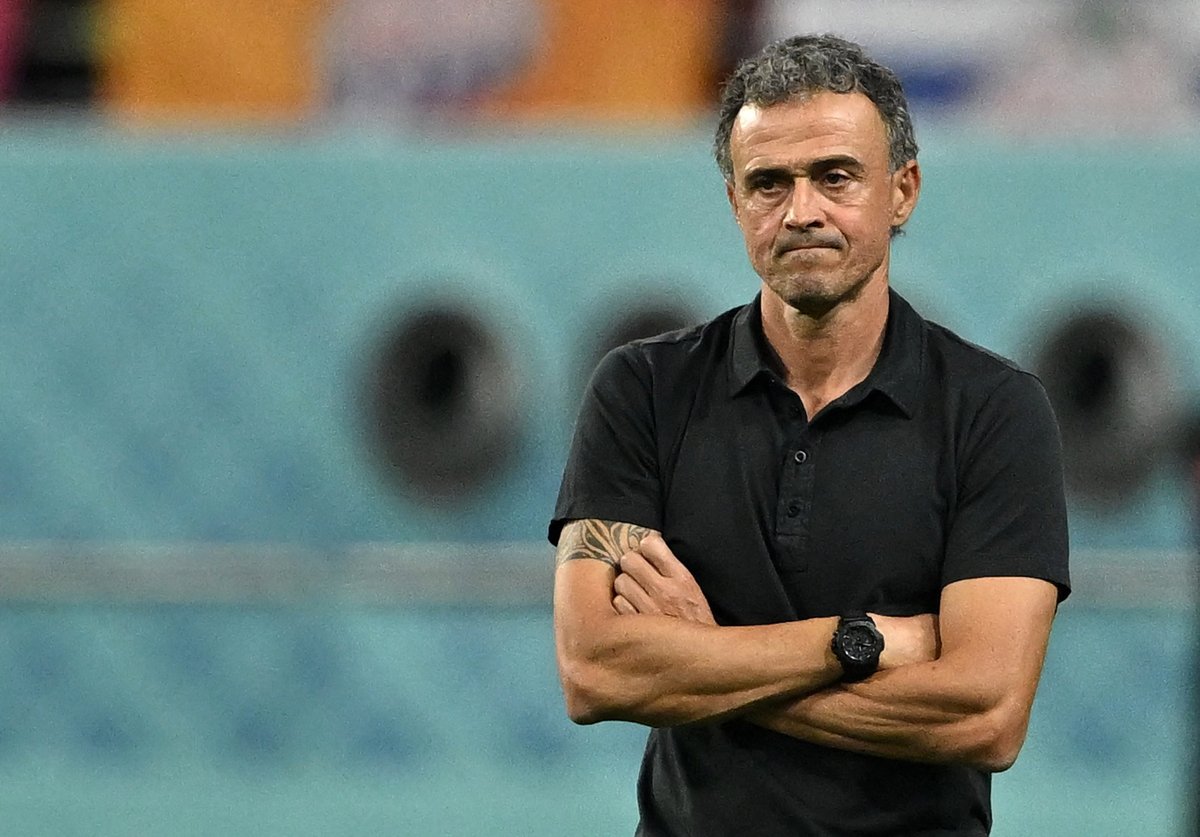It might sound harsh—
…but at U9–U13, football isn’t about effort.
It’s about outcomes.
That’s how players truly develop. 🧵
…but at U9–U13, football isn’t about effort.
It’s about outcomes.
That’s how players truly develop. 🧵

2.
Of course effort matters.
Of course we want players to try.
But “good try” should be a given.
Development happens when players learn how to create outcomes with the ball.
Of course effort matters.
Of course we want players to try.
But “good try” should be a given.
Development happens when players learn how to create outcomes with the ball.
3.
Why outcomes?
Because in football, there’s never just one solution.
A player can reach the same end goal in many different ways.
We need to coach clarity on the outcome, not just one fixed move.
Why outcomes?
Because in football, there’s never just one solution.
A player can reach the same end goal in many different ways.
We need to coach clarity on the outcome, not just one fixed move.
4.
Example: U10 winger in a 1v1.
The outcome = get past the defender and create danger.
The tools?
1) Body feint + dribble
2) Quick give-and-go
3) Clever first touch into space
Different solutions. Same outcome.
Example: U10 winger in a 1v1.
The outcome = get past the defender and create danger.
The tools?
1) Body feint + dribble
2) Quick give-and-go
3) Clever first touch into space
Different solutions. Same outcome.
5.
If we only say “do this skill in this situation”…
We limit players.
Real matches are fluid.
Every defender, every angle, every moment is different.
Players must learn to adapt tools to reach the outcome.
If we only say “do this skill in this situation”…
We limit players.
Real matches are fluid.
Every defender, every angle, every moment is different.
Players must learn to adapt tools to reach the outcome.
6.
This is where principles come in.
Instead of rigid instructions, principles guide behaviour.
For example:
⚽ Forward Mentality → look to play forward first
⚽ Bravery on the Ball → take risks in 1v1s
⚽ Active Defending → pressure immediately after losing the ball
This is where principles come in.
Instead of rigid instructions, principles guide behaviour.
For example:
⚽ Forward Mentality → look to play forward first
⚽ Bravery on the Ball → take risks in 1v1s
⚽ Active Defending → pressure immediately after losing the ball
7.
The principle gives the direction.
The outcome is the target.
The player chooses the tool.
That’s how you develop decision-makers, not robots.
The principle gives the direction.
The outcome is the target.
The player chooses the tool.
That’s how you develop decision-makers, not robots.
8.
Common coaching mistake ⬇️
Rewarding “nice try” even when it’s the wrong decision.
Or freezing play to tell a player exactly what they should have done.
The game is too complex for one right answer.
Better to coach the why behind outcomes.
Common coaching mistake ⬇️
Rewarding “nice try” even when it’s the wrong decision.
Or freezing play to tell a player exactly what they should have done.
The game is too complex for one right answer.
Better to coach the why behind outcomes.
9.
So what should you look for?
✅ Players solving problems in different ways
✅ Outcomes being achieved more consistently
✅ Confidence to try again after mistakes
That’s real development at U9–U13.
So what should you look for?
✅ Players solving problems in different ways
✅ Outcomes being achieved more consistently
✅ Confidence to try again after mistakes
That’s real development at U9–U13.
10.
This is why inside the Football Coaching Hub we don’t teach tactics or set plays.
We teach 9 principles that help coaches develop brave, fast, competitive players who can adapt and create outcomes in real games.
150+ coaches inside.
$7/m or $47/y.
👉skool.com/football-coach…
This is why inside the Football Coaching Hub we don’t teach tactics or set plays.
We teach 9 principles that help coaches develop brave, fast, competitive players who can adapt and create outcomes in real games.
150+ coaches inside.
$7/m or $47/y.
👉skool.com/football-coach…
• • •
Missing some Tweet in this thread? You can try to
force a refresh










